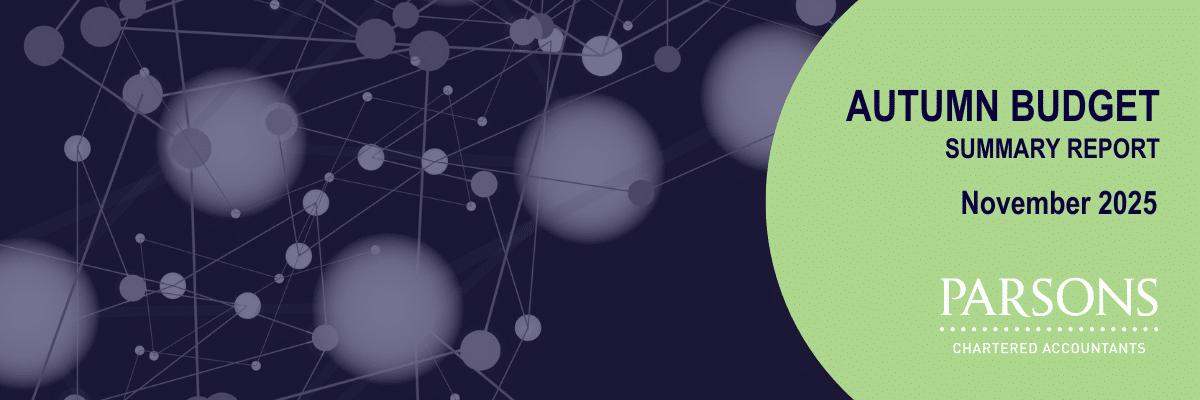Publications & Bulletins
Our latest publications, guides and regular bulletins. We provide clear insight into government budgets, tax updates and wider accountancy developments.

Bulletin February Update
Highlights in this month’s bulletin include: Year-end tax planning information Inheritance tax…

Bulletin January Update
Highlights in this month’s bulletin include: Making Tax Digital for Income Tax…

Bulletin December Update
Highlights in this month’s bulletin include: Making Tax Digital for Income Tax…

Autumn Budget 2025 Summary
Chancellor of the Exchequer, Rachel Reeves, delivered the 2025 Autumn Budget against…

December Payroll – revised deadline dates for our payroll clients
Our offices will close at 5.00 pm on Wednesday 24 December 2025…

Bulletin November Update
Highlights in this month’s Bulletin include: Planned Inheritance Tax Relief restrictions from…

Bulletin October Update
Highlights in this month’s Bulletin include: Budget 2025 date – potential announcements…

Bulletin September Update
Highlights in this month’s Bulletin include: Adjustments for private use Statutory sick…

Bulletin August Udpate
Highlights in this month’s Bulletin include: Legislation Day – what was published?…
Topics
Join Our Newsletter
Receive the latest news and updates about accountancy.
